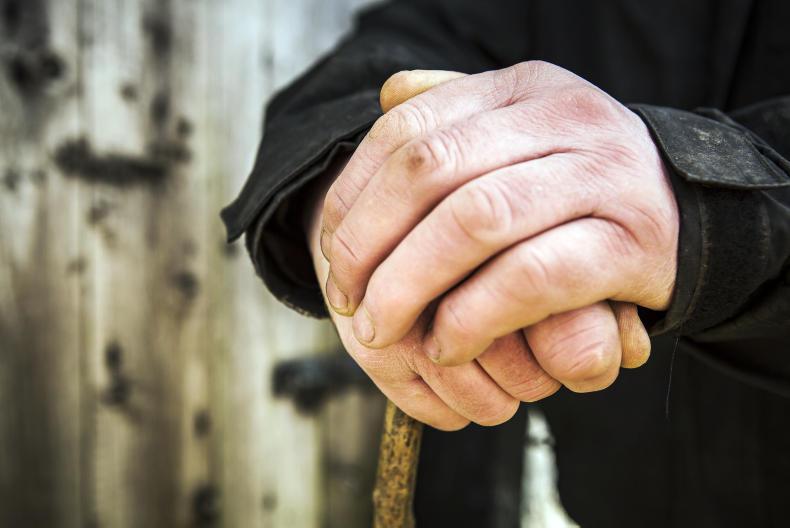The extent of mental health problems among NI farmers are not accurately understood, according to Stephanie Berkeley from the Farm Safety Foundation.
In an online presentation last week, Berkeley said that statistics from Britain suggest poor mental health could be a greater problem in the industry than workplace accidents.
Figures from 2019-2020 indicate that 20 farm workers in Britain lost their lives due to fatal farm accidents, but 133 suicides were registered among those working in farming and agriculture-related trades over the same time frame.
“The difference in that is really astounding. Although suicide is a very crude indicator of poor mental health, it is something that we need to sit up and pay attention too,” Berkeley said.
The Farm Safety Foundation has searched for statistics about mental health problems in the NI farming industry, but no official figures are available.
“The challenge of answering the question is made more difficult by the fact that mental health issues can range on a long continuum from stress, through to anxiety and depression, to the extreme end of suicide,” Berkeley said.
However, she said there was some evidence to suggest that pressures on NI farmers are increasing, as the volume of calls to helpline charities, such as Rural Support, has risen in recent years.
Berkeley also pointed out that suicide rates across the NI population as a whole are worse than other regions of the UK and the Republic of Ireland. Among men in particular, NI has a suicide rate of 28 per 100,000, whereas England is 11.7 per 100,000.
“Farmers are good at looking after their land, their livestock and their machinery, but they are not good at looking after themselves. They face the same issues as everybody else but there are a set of unique stressors that farmers face which other people don’t.”
“Farmers are at the mercy of the weather, they face financial issues, and they can take on significant debt. Trade deals, politics, Brexit and the new agriculture bill are adding a layer of complexity and things that are uncertain can add stress,” Berkeley added.
‘Are you okay?’ – a powerful question
Reaching out to help someone who has potential mental health problems can be difficult, but a very simple question can be a good way of starting the conversation.
“Are you okay? It is a powerful question and can be the start of that journey. How many times do we ask this question every day, but how many times do we wait for the answer?” Stephanie Berkeley said.
“If you think someone is having a tough time, don’t be afraid to reach out. They might want to talk to you, but then again, they might not. Letting them know that you are happy to talk is important,” she said.
Berkeley’s advice is to be natural and genuine when reaching out to someone. The conversation should be positive, relaxed, and open.
“Don’t say ‘cheer up’ or ‘it’ll get better’. You don’t know that and can’t guarantee that. Don’t say ‘I know how you feel’ because you don’t, this is personal to them. Stay open minded. Don’t judge them. Just listen,” Berkeley said.






 This is a subscriber-only article
This is a subscriber-only article










SHARING OPTIONS: